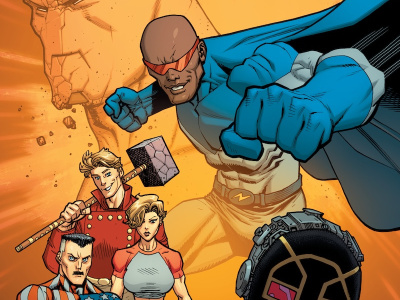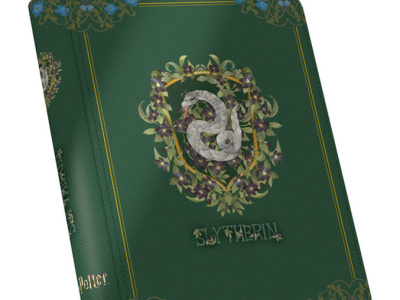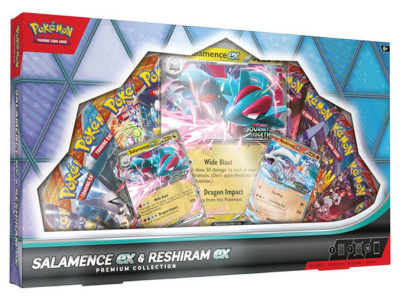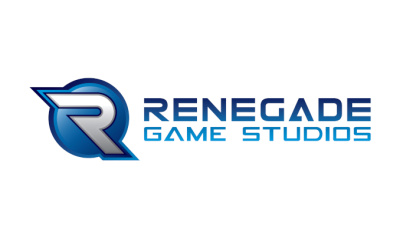
The ICv2 Awards are the on-line continuation of a tradition that began in Internal Correspondence, the print predecessor of ICv2, over a decade ago. These awards are given as a way of reflection on the events of the year and to draw some conclusions from them. They're based entirely on the business impact of events on retailers, as determined by the editorial staff of ICv2.com.
Phenomenon of the Year -- European Board Games
The Phenomenon of the Year Award goes to the growing sales of European board games. The holiday season of 2002 was when sales of European board games in pop culture stores in the U.S. really jumped, and they've continued to increase throughout 2003. In the process, they've picked up attention from mainstream media (see 'Washington Post Covers Euro-Board Game Surge' and 'New York Times Notices Board Game Phenomenon') that has further reinforced the trend. Almost everyone we talked to described board games as the most exciting part of the games business this holiday season. Rio Grande (Carcassone and Puerto Rico, among others) and Mayfair (Settlers of Catan) are the strongest producers in the category.
Deal of the Year -- Topps Buys WizKids
The acquisition of WizKids LLC by The Topps Company, Inc. (see 'Topps Acquires WizKids') for $29.5 million (see 'Topps Reveals WizKids Price') is our 2002 Deal of the Year. It puts Topps into the collectible games business, which shares business characteristics and distribution channels with Topps' core trading card business. For WizKids ownership, the deal represented excellent timing, after a period of tremendous growth and before declines in sales of core lines and some disappointing releases showed the limits of the category (see 'WizKids Drags Down Topps'). The new Major League Baseball CMG, to be released in 2004, represents the first major collaboration between the companies (see 'Topps and WizKids Launch First Joint Effort'), and could be the kind of synergistic combination that validates the deal.
Controversy of the Year -- d20 Decency Standards
Perhaps stimulated by the announcement of the planned release of an erotic d20 roleplaying game (see 'Valar Announces Erotic RPG'), Wizards of the Coast made changes to its d20 license agreement in 2003, imposing decency standards for depictions of violence, sex, and prejudice in d20-branded products (see 'WotC Adds d20 Decency Standards'). Some publishers, including Valar, decided to produce games under the Open Gaming License but without the d20 mark (see 'Valar Project Eschews d20' and 'Avalanche Ends d20 Publishing') as a result of the change. And there was considerable debate on the topic of whether the changes in the d20 license would be good for sales, or hurt them. Since most games produced under the d20 license would have already met the new standards, and games produced under the OGL may sell almost as well as d20 products, the over-all impact of the changes on sales will probably be minimal, despite the controversy.
For Part 1 of our ICv2 Game Awards, see 'ICv2 2003 Game Awards, Part 1.'







